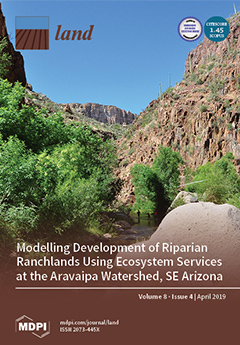Resource information
The promotion of farm innovations, such as mineral fertiliser, is one of the strategies for attaining the Sustainable Development Goals (SDGs) of zero hunger and poverty alleviation in developing countries. However, the adoption of mineral fertilisers has been low in Africa, particularly in Ghana. The present study not only analyses the impact of mineral fertiliser on the land productivity of rice farmers in northern Ghana but also determines factors that are associated with the adoption of mineral fertilisers using a primary dataset from 470 rice farmers. The study employs endogenous switching regression and propensity score matching approaches in the empirical analysis. The result shows that the adoption of mineral fertiliser tends to significantly increase the land productivity of rice farmers by improving soil fertility and making nutrients readily available to rice crops. The empirical finding further indicates that the adoption of mineral fertiliser is positively influenced by land area, seed, improved rice variety and row planting whereas farmers’ location and market distance exert negative effects on mineral fertiliser adoption. To maximise the land productivity of farmers, it is imperative for agricultural policy interventions to promote mineral fertiliser application by targeting key policy variables such as getting fertiliser input market outlets closer to farmers.


